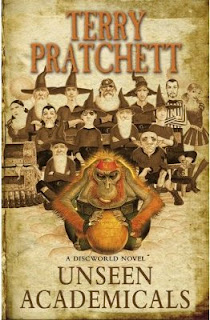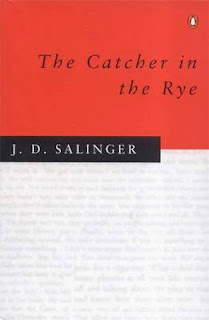The Ragged Trousered Philanthropists by Robert Tressell

In the wake of the government's decision to cut £18bn from the welfare budget as part of its madcap experiment on the UK economy, there could hardly be a more appropriate time to review a book which reminds us why the welfare state was set up in the first place.
The Ragged Trousered Philanthropists is a story about a firm of builders and decorators in an English town at the turn of the 20th century. Britain is at the height of its imperial power, and never has it enjoyed so much wealth and abundance. But for the workmen of Rushton & Co life is a constant to struggle to survive. Even when times are good and there is Plenty of Work, they have barely enough money to house and feed their families. When the winter comes and work is all but impossible to find, they live a perilous existence, pawning everything they own and begging for credit from shopkeepers.
Robert Tressell chronicles the workmen's hellish lives in highly realistic detail, drawing on his own experiences to do so. We watch as men in the prime of their lives are gradually robbed of their health, their wives despair as they attempt to make ends meet, children suffer from malnutrition and old men are sent to the workhouse when they are no longer fit to be employed, their last stop before a pauper's grave.
To add insult to injury, the workmen are never allowed to do a proper job when they do have work. Cut-throat competition between the firms results in a race to the bottom where standards are as low as the foreman can possibly get away with. Meanwhile, the newspapers lament that the warehouses are too full, and the over-production will result in more idleness to come for the workforce.
For the workers, this is how life has always been and always will be. Many of them identify themselves tribally as Liberals or Conservatives, but neither party has done anything to improve their circumstances when in government. Charities are equally hopeless, and the church actively malign. But one of the workers, Owen, is aware of the madness of the system, and spends much of the book patiently trying to explain the issues to his colleagues.
Acoording to the author, "my main object was to write a readable story, full of interest and based on the happenings of everyday life, the subject of socialism being treated incidentally". In this he has succeeded, apart from the 'incidentally' bit. Socialism runs through this book like a stick of very red rock. Owen is its chief mouthpiece in the story, with long speeches about topics such as the socialist definition of poverty and the capitalist 'money trick' (complete with diagrams). But Tressell hammers home the message with his own narrative comments. At times this feels like being beaten around the head with the rock, but there's no doubt that it increases the persuasiveness of his argument. Because of these interventions it's very different in style from other political novels such as those of Dickens or Orwell. It's more like a hybrid: half novel, half treatise.
As the story progresses Owen becomes increasingly frustrated with his colleagues' refusal to question the injustice of their society. They are the philanthropists of the title, happy to work as hard as they can in order to make money for their master. Owen himself could have been a lecturing machine but in fact he is the most fully-rounded character in the book, taking joy in his work when he is given the chance and trying to do the best for his family. But he, too, is occasionally moved to despair. At one point he reads a newspaper article about a domestic tragedy and spends a couple of pages contemplating the most humane way of killing his own family. There follows a very powerful moment with an offhand remark from his son (who up until then has been just annoyingly precocious).
Amid all the bleakness there's also a good deal of humour, particularly in the banter between the workmen whenever they are forced to listen to one of Owen's lectures. A more love-it-or-hate-it touch is the names Tressell gives to the unsympathetic characters, such as the painters Crass and Slyme, rival firm Dauber & Botchit, ineffective councillor Dr Weakling and Snatchum the disreputable undertaker. But first prize for naming has to go to the local Tory MP, Sir Graball D'Encloseland.
The novel starts to sag and become repetitive when summer comes round for the second time, but picks up again with the final unveiling of socialism's solutions to all woe in the form of a "great oration". Tressell does well to keep up the suspense for what is the most treatise-y part of the book. However, some of the power is lost from a modern day standpoint, because we know that his dream of a socialist utopia never came to pass. Instead, along with the rest of western Europe, we became a 'social democracy', with a welfare state designed to smooth off the worst excesses of capitalism while retaining a dynamic market-based economy. Whether this is the best way to organise society is an open question, but it deserves to be celebrated for putting an end to the horrific levels of poverty depicted in this book.
The Ragged Trousered Philanthropists
by Robert Tressell
First published in 1914



Comments
Post a Comment